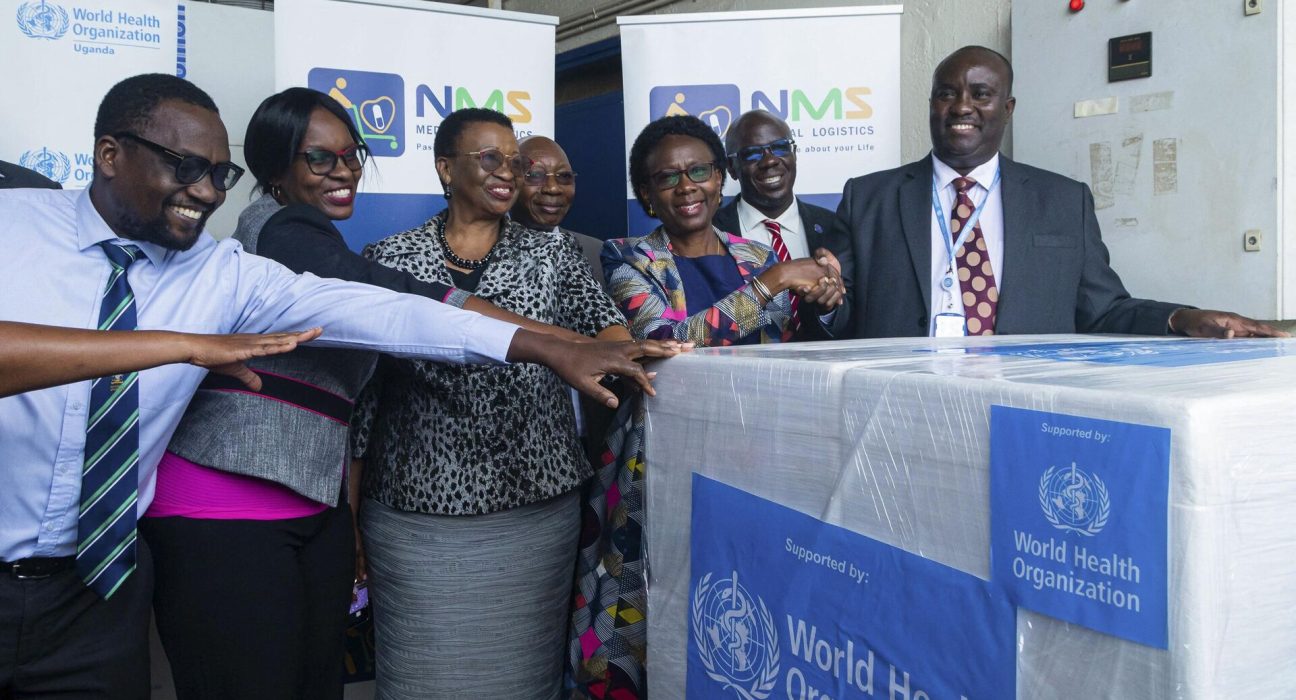“Uganda put a swift end to the Ebola outbreak by ramping up key control measures such as surveillance, contact tracing and infection, prevention and control,” an official statement reads.
The World Health Organisation (WHO) and the Ugandan Health Ministry, in the statement, said in more than six weeks, widespread testing campaigns did not detect new cases.
According to WHO, an Ebola outbreak ends if there are no new cases for 42 consecutive days.
This is because the typical incubation period for the virus between exposure and infection is 21 days.
Authorities declared the latest Ebola outbreak in Uganda in September 2022.
The deadly virus infected at least 142 people, among whom it claimed the lives of 56.
Read Related News:
Britain, S/Africa to strengthen health partnership
Care-giver pays hospital bills of indigents in Lagos
Philippines logs 791 new COVID-19 cases, 19 deaths
The variation of the virus circulating in Uganda is the Sudan strain, which is less prevalent in Africa in general than the Zaire variant.
In mid-December, Uganda President Yoweri Museveni announced the removal of all restrictions imposed in response to the Ebola outbreak.
Prior to that, health authorities announced that the hospital had discharged the last known Ebola patient in Uganda.
They added that no more cases have been registered to date.
The recent Ebola outbreak in Uganda is not the first one in the African country.
The previous outbreaks in Uganda were in 2000 (224 deaths), 2007 (37 deaths), and 2011 (one death).
Other detections were in 2012 (21 deaths) and 2019 (four deaths). (Xinhua)
Do you have a flair for Citizenship Journalism? Share story(ies) of happenings in your area with The NewsZenith on WhatsApp: 08033668669 or thenewszenith@gmail.com
